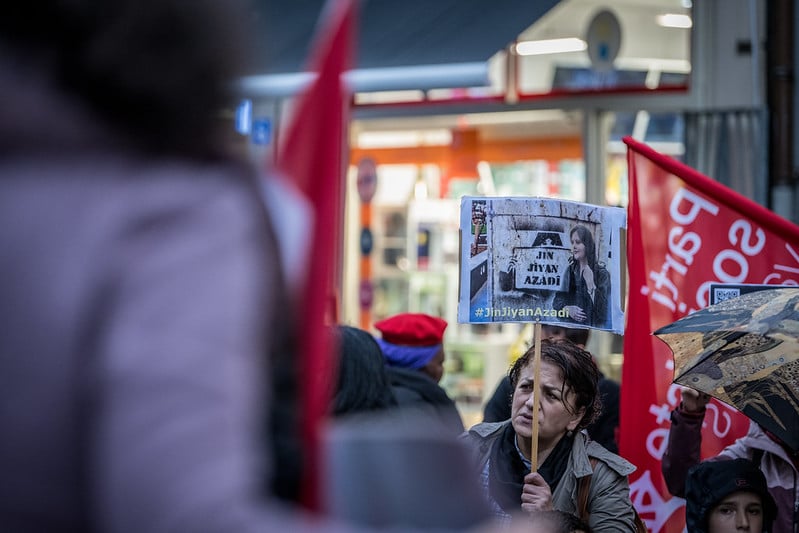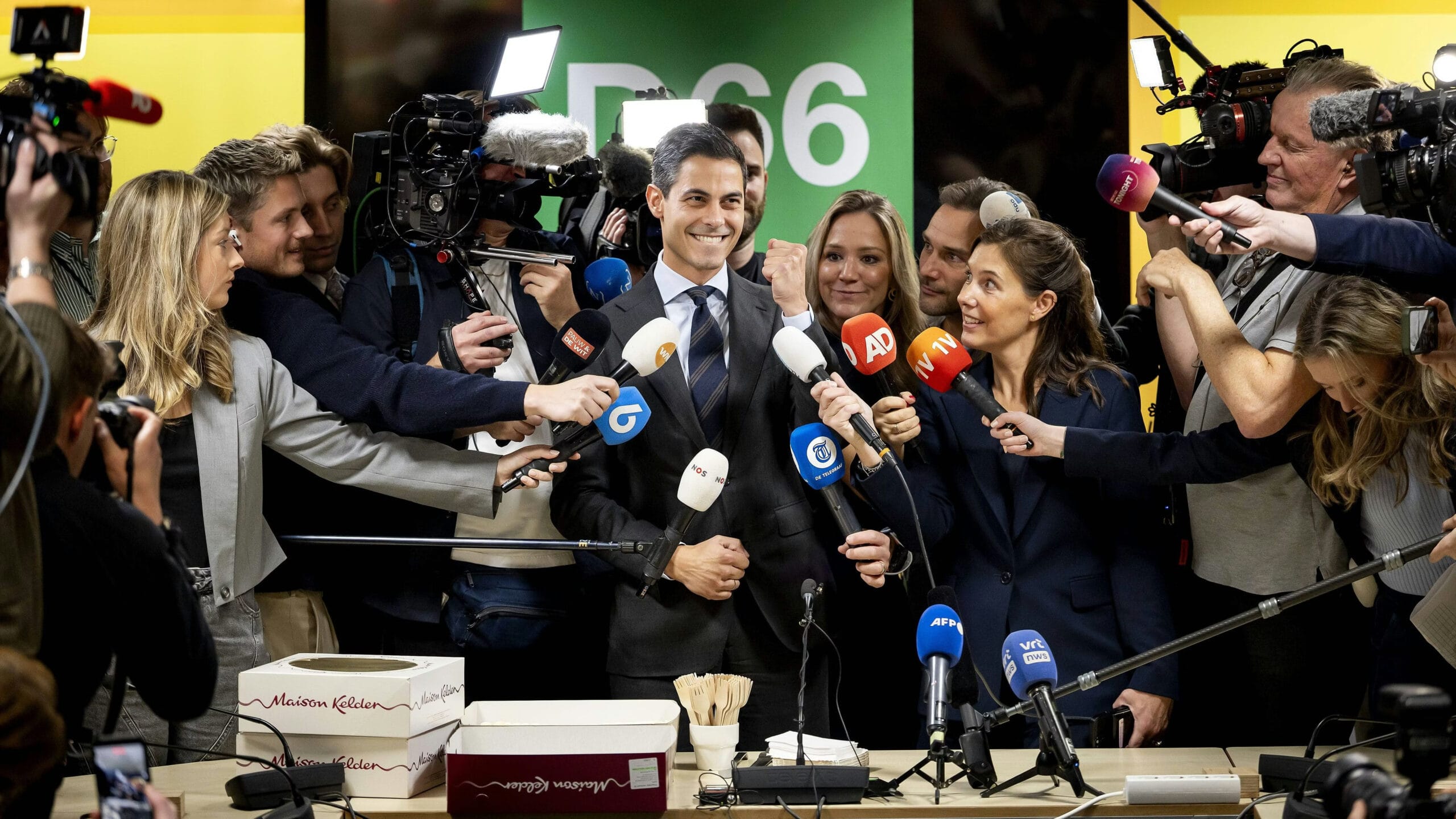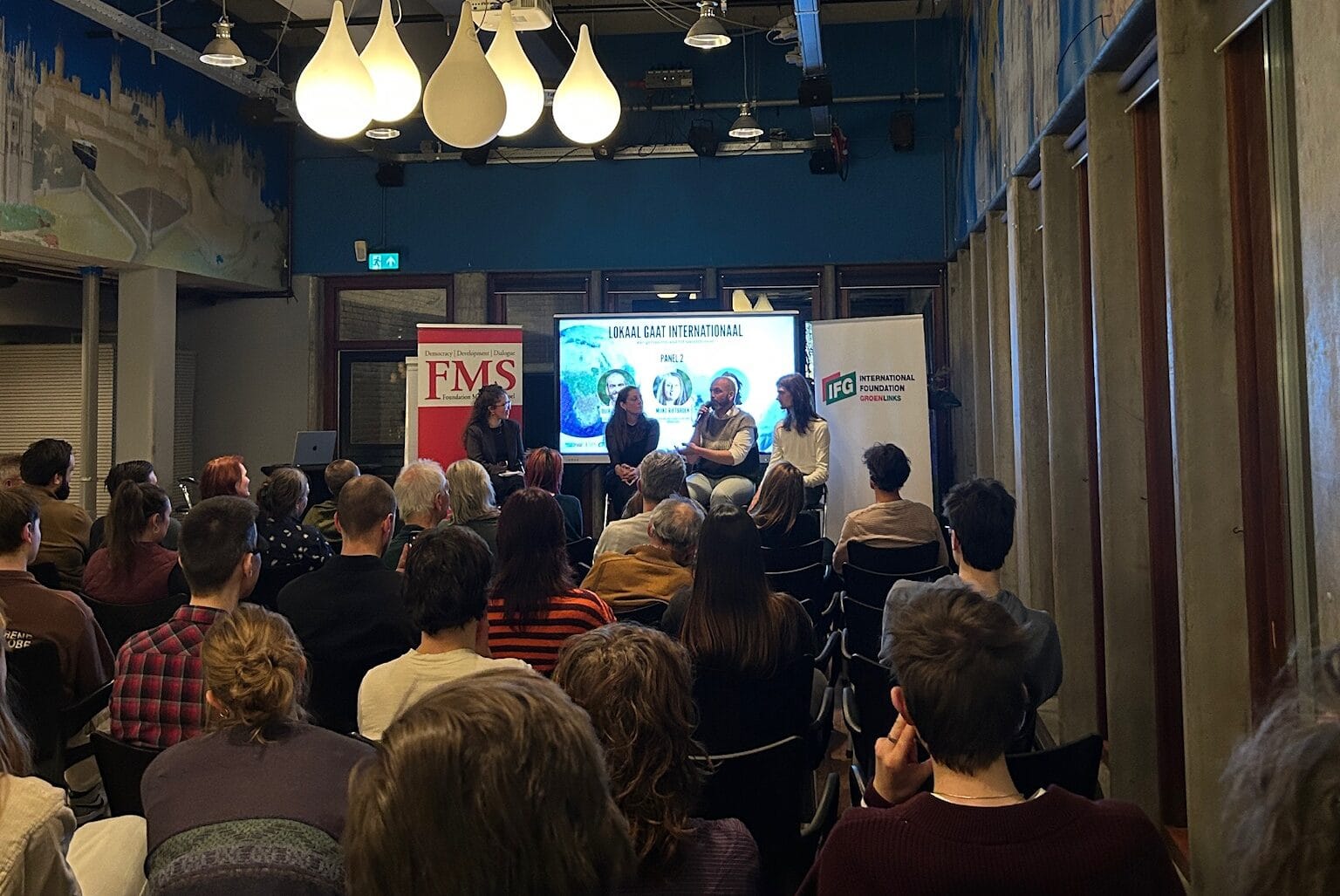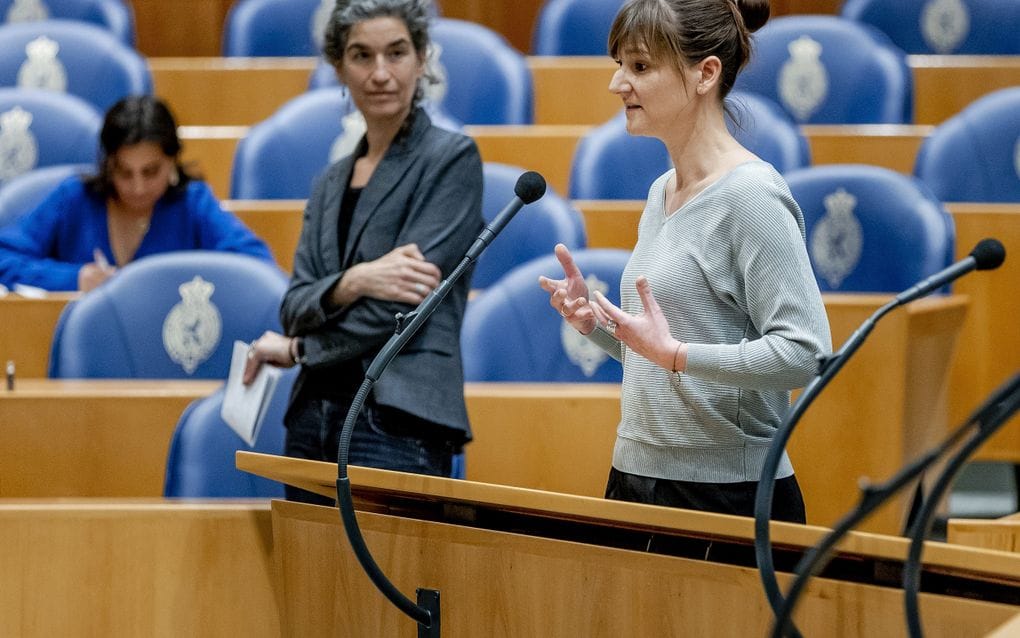Protest in Lausanne on 28 September following the death of Masha Amini (Flickr)
Over the past two weeks, Iran has been rocked by massive protests. The immediate cause of these protests was the death of 22-year-old Masha Amini, who was arrested by the so-called morality police for not wearing "modest clothing" prior to her death. Iranian authorities claim Amini died of a heart attack, but protesters hold the morality police responsible for her death. Eyewitnesses claim Amini was mistreated by the police before she died.
Strict dress code
During Amini's funeral on 16 September, protesters gathered in her hometown of Saqqez in Kurdistan province. Since then, protests have spread to almost all of Iran's 31 provinces. Women as well as men are taking to the streets en masse to demand justice for Amini, and to demonstrate against the strict dress code for Iranian women. These require women to cover their hair and wear loose clothing. Men's clothing is also subject to guidelines, but these are a lot less strict.
In recent years, young Iranians have taken an increasingly liberal approach to imposed dress codes. Under relatively moderate President Hassan Rohani, women enjoyed more freedom in their choice of clothing. However, since the election of conservative Ebrahim Raisi as president in 2021, controls on adherence to dress codes have tightened again.
The current protests are the largest since those in 2019-2020, when Iranians took to the streets en masse, initially in protest against rising oil prices. Eventually, these protests grew into a movement calling for democratisation and the overthrow of Ayatollah Ali Khamenei. The current demonstrations, on the other hand, seem to revolve around women's rights at their core, although the economic malaise, exacerbated by US sanctions, certainly adds to the discontent. One of the central slogans chanted by the protesters is "women, life, freedom". Some videos of the protests show women burning their headscarves or cutting off their hair.
Crackdown on authorities
The authorities are responding to the protests with a crackdown. Although only snippets of news are coming out, it is clear that elite Revolutionary Guard units and Basji militia are cracking down on protesters. Meanwhile, more than 1,200 people have already been detained. At least 41 people have also officially died during the protests, but the real death toll is probably higher. The NGO Iran Human Rights, based in Oslo, speaks of 76 dead.
Persistent internet outages caused by government blockades make it difficult to confirm fatalities. These internet blockades are necessary for "security reasons", according to the Iranian regime. The regime claims the protests are due to foreign interference, particularly by the United States. The authorities organised two counter-protests so far, in an attempt to reduce the massive anti-government protests. Supporters of the regime expressed their support in these counterprotests, drenched in religious symbolism. The organisers of these pro-regime protests claim that Iranian flags and Qurans are burned in the anti-government protests.
Despite the strict censorship, several Iranian celebrities have now joined the protesters. Former top footballer Ali Karimi, for instance, has repeatedly expressed his support for the protests on social media. In addition, before the start of the friendly game with Senegal, the Iranian football team, while singing the national anthem, wore black training jackets over their jersey covering the logo of the Iranian National Football Federation. With this action, they circumvented the Iranian authorities' censorship and showed solidarity with the protesters. Cabaret artist Mehran Modiri also posted a video rejecting the authorities' crackdown on the protesters.
Sanctions in the name of women's rights: contradiction in terms?
The dissatisfaction with Iranian economic conditions that partly underlies the protests is linked to the stringent economic sanctions the United States has imposed on the country. Several sectors of the Iranian economy have been affected by these sanctions since Donald Trump pulled the plug on the nuclear deal me Iran in 2015. Current president Joe Biden is determined to revive the accord, under which Iran would scale back its nuclear programme in exchange for easing sanctions. Diplomatic efforts have so far proved unsuccessful, however.
By contrast, since the protests, calls for tougher sanctions have been growing louder in the name of protecting women's rights. Last week, the United States announced new sanctions on Iran's morality police, whom it holds responsible for Amini's death, accusing them of violence against women. On Tuesday, a US State Department official confirmed that the US will continue to endorse the sanctions imposed. In addition, the US announced that it would expand the provision of internet services for Iranians. US officials explained that this would support Iranians in circumventing government censorship.
Meanwhile, the European Union and the United States are considering further sanctions against Iran. Josep Borrell, the Union High Representative for Foreign Affairs and Security Policy, says all options will be on the table at the next meeting of EU foreign ministers. The main options for sanctions at the moment are reducing the Iranian authorities' internet blockades and further economic sanctions.
At the same time, (unilateral) sanctions, such as the US sanctions on the Iranian economy, are known to hit the most vulnerable in society, including women, the hardest. Independent UN experts stress that it is precisely vulnerable groups that rely most heavily on humanitarian assistance, which is often made impossible by the stringency and complexity of such sanctions. It is therefore questionable whether the plan to impose tougher economic sanctions on Iran in the name of "folding rights" actually achieves the goal it has in mind. After all, women, especially those at the bottom of society, often bear the brunt of harsh economic sanctions. An important fact that the EU and the US should take into account in their considerations around further sanctions.
Sources: Al Jazeera 1, Al Jazeera 2, Al Jazeera 3, Al Jazeera 4, Al Jazeera 5, Al Jazeera 6, AP News, Middle East Eye 1, Middle East Eye 2, NOS, OHCR, The Guardian, The New York Times
Photo: Flickr




